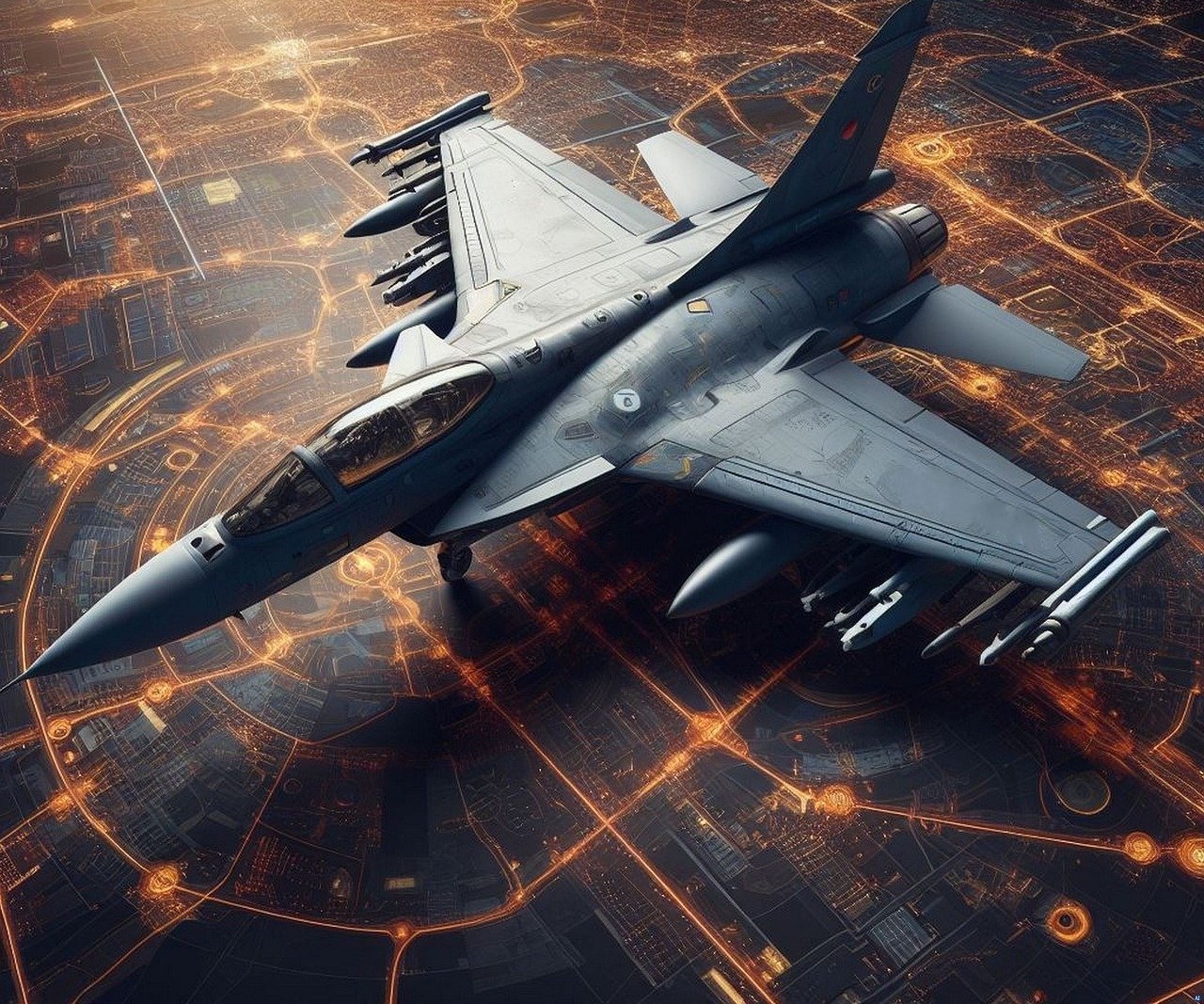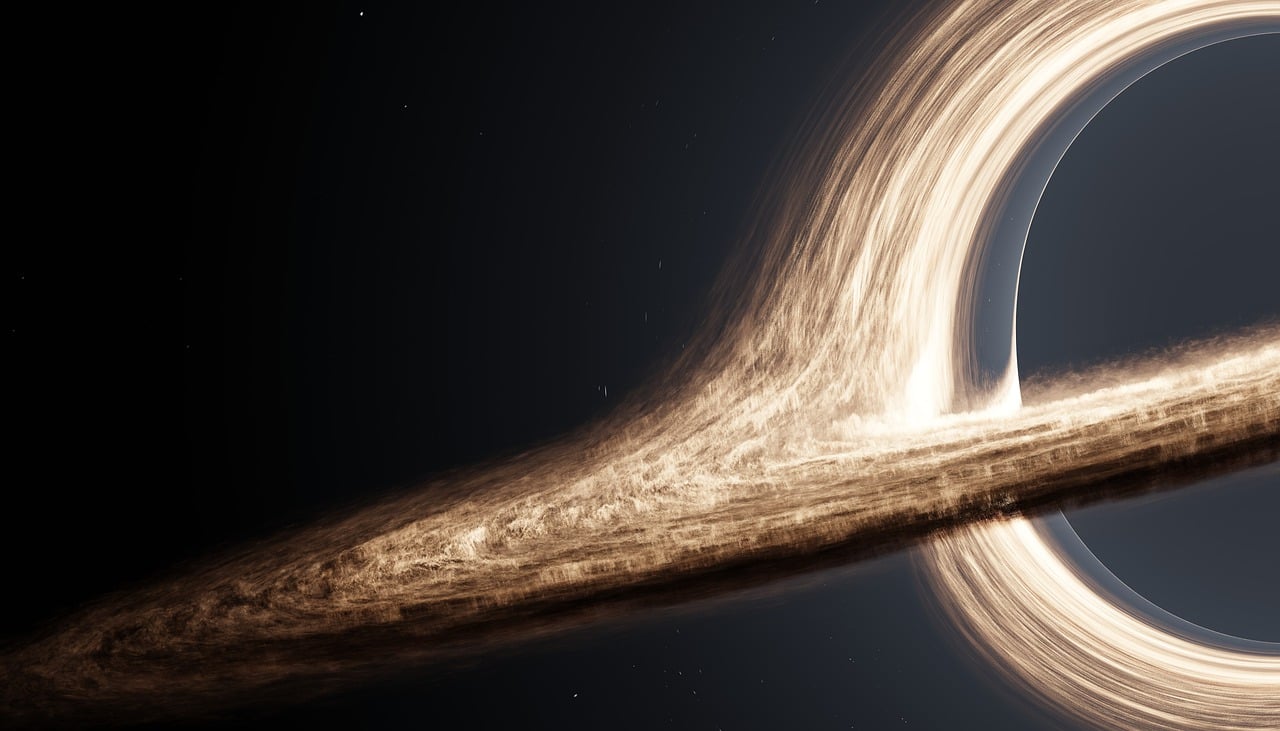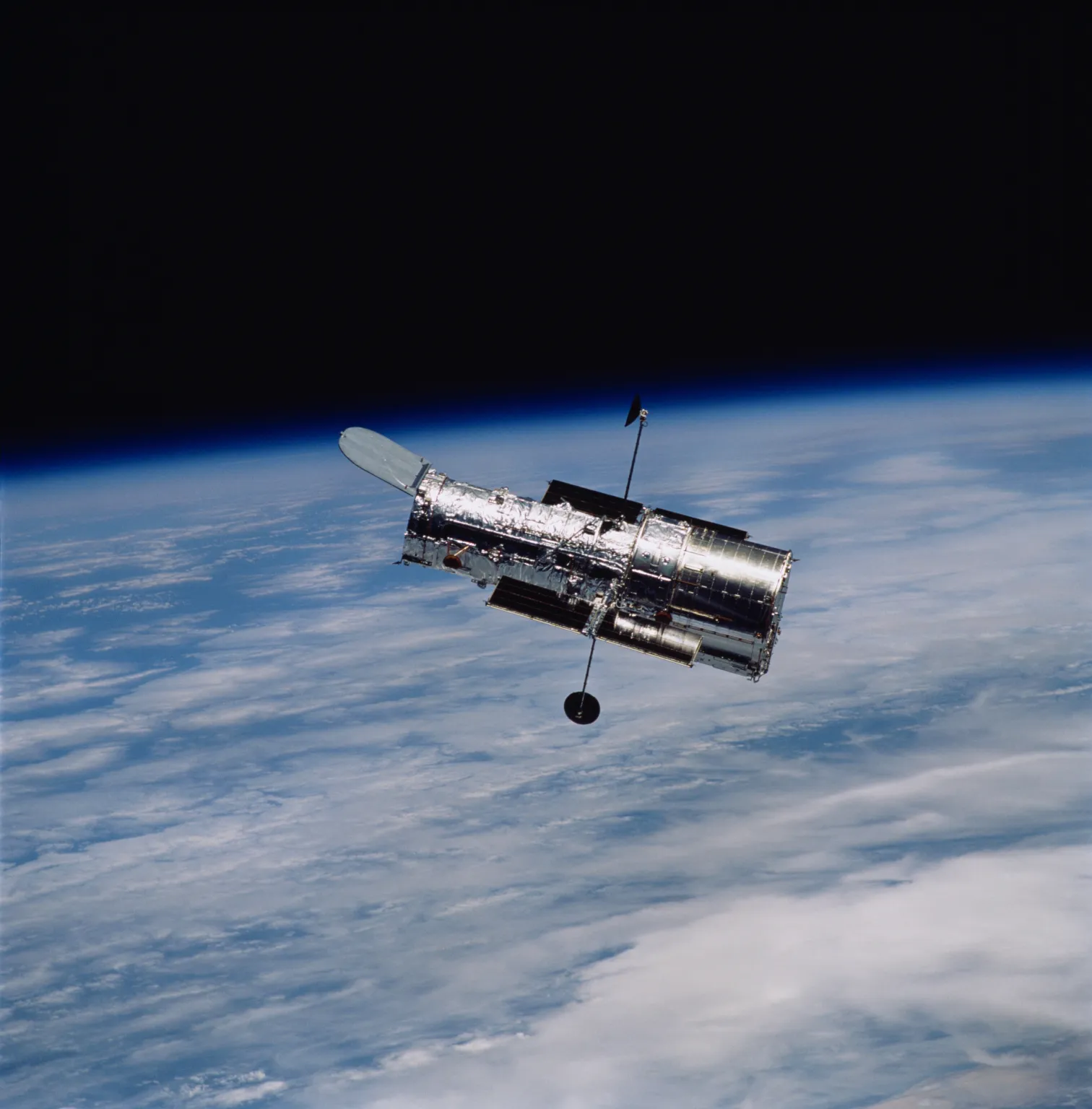Cosmic Frontiers: How AI is Shaping the Future of Space Exploration
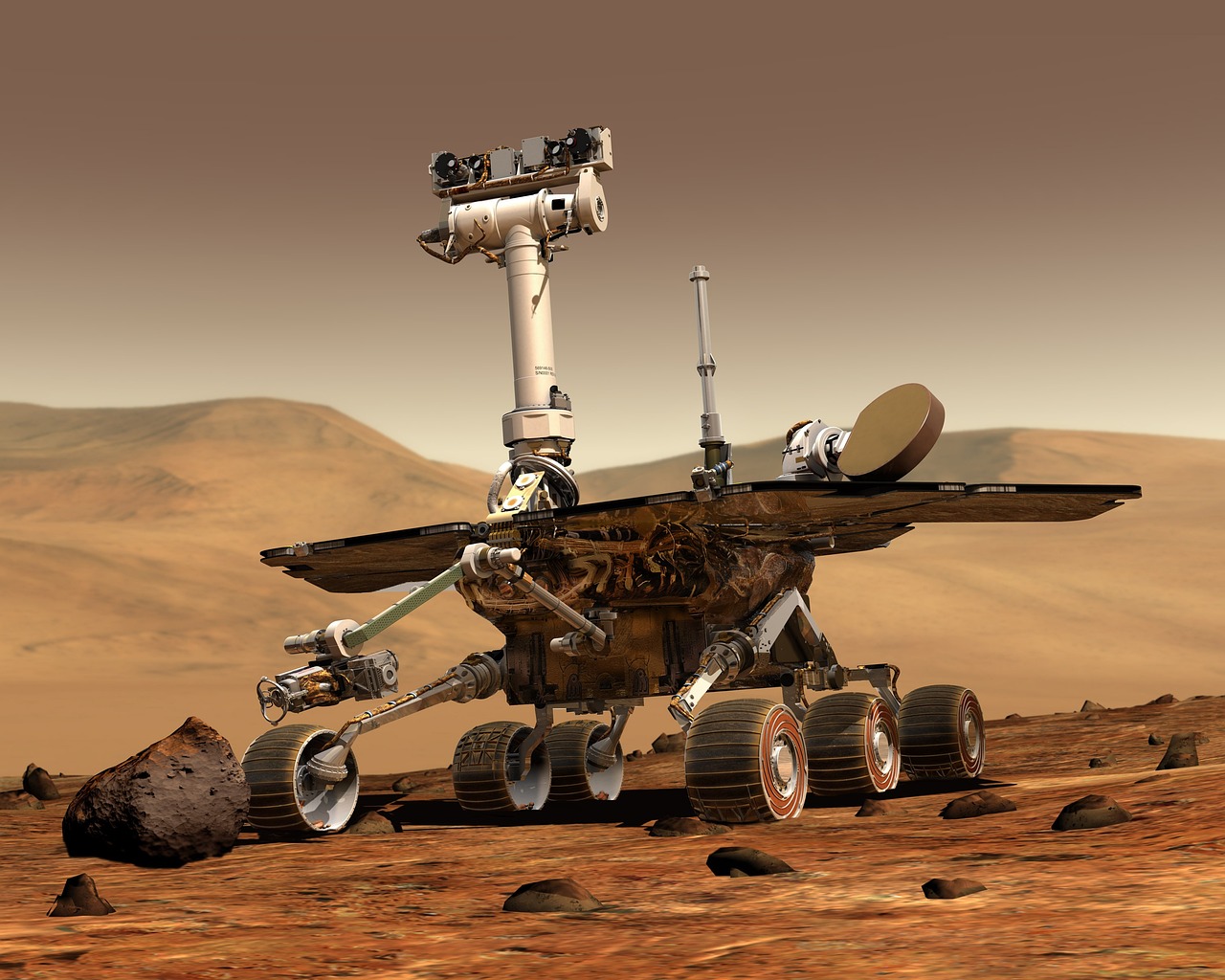
The massiveness of space, filled to the brim with never-ending mysteries, has always intrigued human curiosity. As we dive further into this unknown realm, artificial intelligence (AI) is becoming a crucial tool in space exploration. From assisting autonomous spacecraft to analyzing astronomical data, AI is changing how we explore the universe.
One of the most important aspects of AI in space exploration is for autonomous spacecraft navigation. Deep space missions often have significant communication delays with us here on Earth, making real-time human control almost impossible. AI algorithms allow spacecraft to make independent decisions, adjust their trajectory, avoid obstacles, and conduct observations without awaiting instructions from the mission control. This is essential for missions like the Mars rovers, which use AI to navigate the Martian terrain, choose possible scientific targets, and manage resources efficiently.
NASA's Perseverance rover on Mars is a key example of AI in action. With highly advanced AI systems, Perseverance can analyze images of the surface, identify obstacles, and map safe paths to its destinations. This ability makes it easier for the rover to cover more ground and conduct more experiments, significantly boosting the scientific return of the mission. Moreover, AI-driven rovers can operate in extreme environments, such as the icy moons of Jupiter and Saturn, where human presence is impossible as of now.
AI also plays a vital role in analyzing the vast amounts of data collected by satellites and telescopes. Space missions generate terabytes of data daily, far beyond what human scientists can process manually. Machine learning algorithms go through this data, identifying patterns and anomalies that might indicate new planets, distant galaxies, or unusual cosmic events. For instance, AI has been crucial in discovering exoplanets by detecting subtle dips in starlight caused by planets passing in front of their host stars.
In addition to data analysis, AI improves spacecraft health monitoring. Spacecraft operate in extreme harsh conditions, where even minor malfunctions can jeopardize an entire mission. AI systems actively monitor the status of spacecraft components, predicting potential failures and optimizing maintenance schedules. All these reduce the risk of unexpected breakdowns and extends the operational life of space missions.
The search for extraterrestrial life is another exciting area where AI is making significant progress. Missions like NASA's Europa Clipper, set to explore Jupiter's moon Europa, will use AI to analyze data for signs of habitability and potential life signs. AI algorithms can detect chemical patterns and environmental conditions that might show the presence of life, providing valuable insights in the quest to answer one of humanity's most profound questions: Are we alone in the universe?
AI is also important for managing space debris, a growing concern as more satellites and spacecraft are launched into orbit. AI-powered systems track and predict the movement of space debris, helping to prevent collisions and ensure the safety of active satellites and space missions. This capability ensures maintaining the sustainability of space activities and protecting valuable assets in orbit.
Looking to the future, AI will continue to be a driving force in space exploration. Perhaps the next “big leap” for mankind is with the assistance of AI.
Similar Post You May Like
-
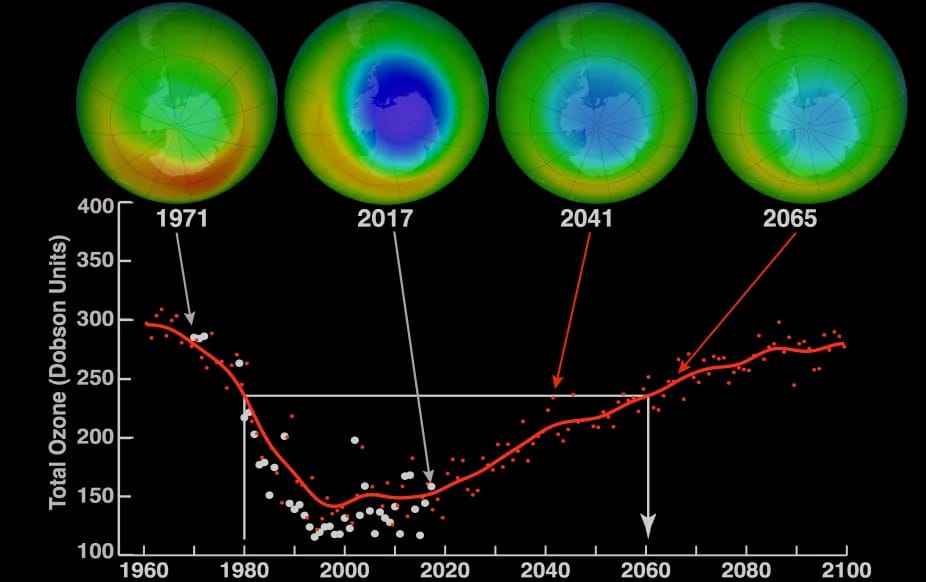
CFCs, HFCs and their long, troubled history
At its peak, the ozone hole covered an area 7 times larger than the size of Europe, around 29.9 million km2, and was rapidly expanding
-

The Origin of Universe: Deciding point where it all began!
Let us unravel and surf through the ideas throughout ages to understand what the universe and its origin itself was to its inhabitants across history.
-

The Artemis Program
Inspired by the Greek goddess of the Moon, twin sister to Apollo, the artimis program was named on 14 May 2019 by Jim Bridenstine.



